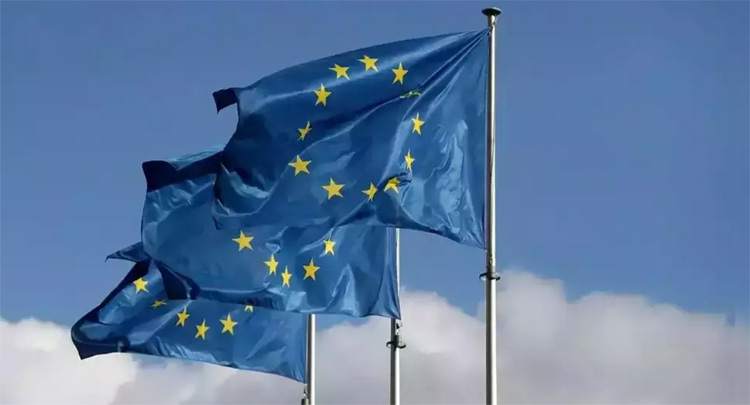The EU on Monday said it is now imposing a tougher visa process on Ethiopia because of the African country’s “insufficient” cooperation in taking back rejected asylum-seekers and irregular migrants.
The move means Ethiopians will no longer get leeway on the sort of documentation they provide to meet requirements for EU visits, they can no longer obtain multiple-entry visas, and diplomats will now have to pay to get visas.
The processing time for standard EU visas for Ethiopians was also extended to 45 days, from the current 15 days.
The stricter rules are part of the European Union’s carrot-and-stick approach to managing irregular immigration.
The bloc this month adopted a reform of its asylum and migration rules, which come into effect from 2026 and aim to harden border procedures and speed up returns of irregular migrants ineligible for asylum.
In parallel, Brussels is using its trade heft and desire for EU visas as leverage to get reluctant outside countries to take back rejected irregular migrants.
The EU has already imposed similar tougher visa processes on Gambia.
The latest move against Ethiopia follows a European Commission assessment that “cooperation by Ethiopia in the field of readmission of its nationals illegally staying in the EU is insufficient,” the Council of the EU, representing EU member countries, said in a statement.
“There is a lack of response from the Ethiopian authorities with regard to readmission requests and difficulties persist with the issuance of emergency travel documents and with the organisation of both voluntary and non-voluntary return operations,” it said.
It said that, while the tougher visa conditions were “temporary”, Brussels would continue to assess Ethiopia’s cooperation Ethiopia on this issue.
The Council of the EU has underlined that the way EU visa rules are applied to countries hinges on how those countries cooperate in taking back migrants.
Last September, it noted that Ethiopia accepted back just 10 percent of its nationals flagged for return in 2020 and 2021.


Comments are closed.